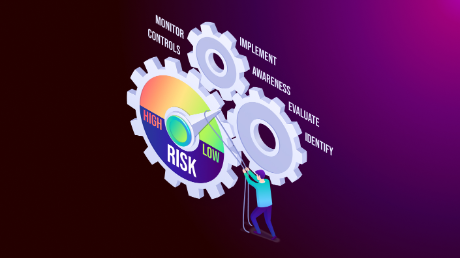
The world of Equity Capital Markets (ECM) is experiencing a quiet revolution, driven by the rise of digital platforms that are reshaping how companies go public and raise capital. Traditionally, the IPO (Initial Public Offering) process has been highly manual, dominated by in-person roadshows, paper-heavy disclosures, and layers of intermediaries. But the pandemic, coupled with rapid fintech innovation, has accelerated a transition toward remote ECM models that are more digital, data-driven, and investor-friendly.
At the core of this transformation are virtual roadshows, online book-building, and digital investor engagement tools. Issuers no longer need to fly across continents to pitch their equity story; instead, they can connect with global investors through secure digital platforms. This shift not only reduces costs but also broadens access to institutional and retail investors, democratizing participation in IPOs.
Digital platforms are also enhancing efficiency and transparency. Automated systems for order management, investor allocation, and compliance tracking streamline workflows that once required weeks of coordination. Cloud-based solutions and AI-driven analytics further allow issuers and underwriters to make data-backed decisions on pricing, demand, and allocation, reducing the reliance on legacy processes and subjective judgments.
The regulatory landscape is also adapting. Supervisors in the U.S., EU, and Asia are cautiously encouraging digital innovations while ensuring that investor protection and disclosure standards remain intact. At the same time, regulators are examining how digital ECM platforms can mitigate risks around market manipulation, cybersecurity, and fair access, ensuring that technology enhances trust rather than erodes it.
However, challenges remain. The rise of remote ECM could disrupt traditional banking relationships, as issuers might increasingly look toward fintech-led platforms for capital raising instead of relying solely on investment banks. This raises strategic questions about how banks will retain their competitive edge—whether by partnering with fintechs, investing in their own digital infrastructure, or offering hybrid models that combine human expertise with technological efficiency.
For issuers and investors alike, the move toward digital IPO processes marks a new chapter in capital formation. By embracing remote ECM, markets can become more inclusive, transparent, and resilient, while also reducing costs and operational risks. The future of IPOs may not fully abandon the traditional methods, but it will certainly be shaped by the innovations of digital platforms.
In essence, remote ECM is not just about digitization—it represents a structural shift in how companies raise equity and how global capital markets function in the digital age.

Robert Harris
Editorial Writer
Email: robert.harris@theempiretimes.org
All stories by : Robert Harris


















3 Comments
Ruth M. Reed
August 29, 2025 at 8:24 pmClear and timely analysis—this really helps make sense of recent market movements.
ReplyPhillip C. Baker
July 21, 2025 at 10:44 pmImpressive to see how much Big Tech is investing in R&D this year. 2025’s shaping up to be a turning point.
ReplySarah T. Coleman
July 11, 2025 at 14:44 pmGreat coverage on U.S. AI policy—finally some clarity for global investors.
Reply